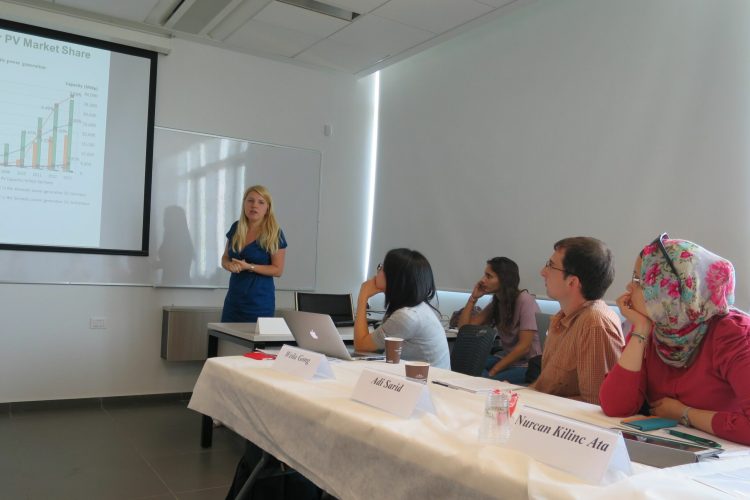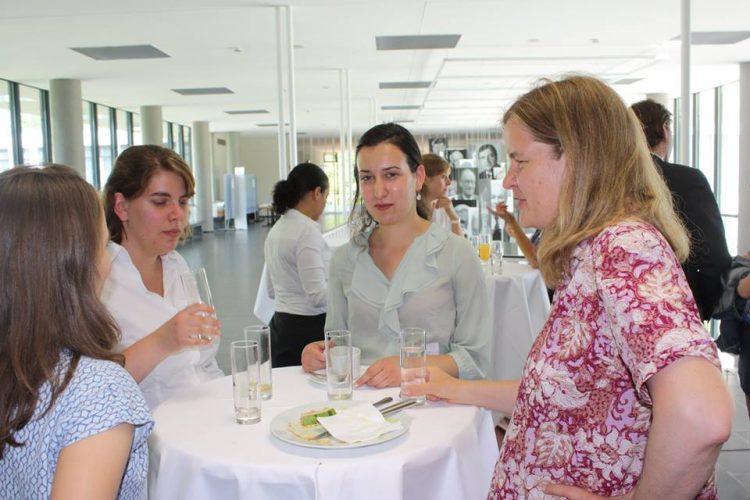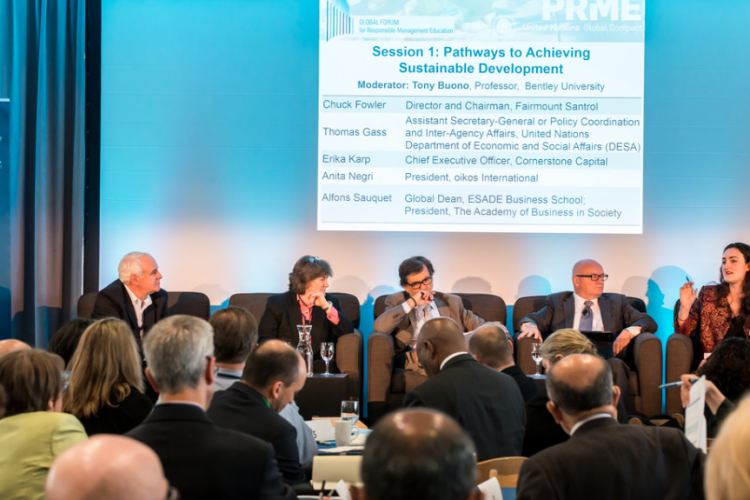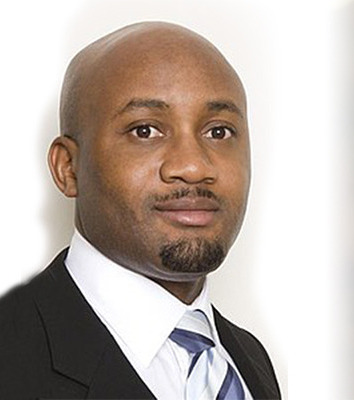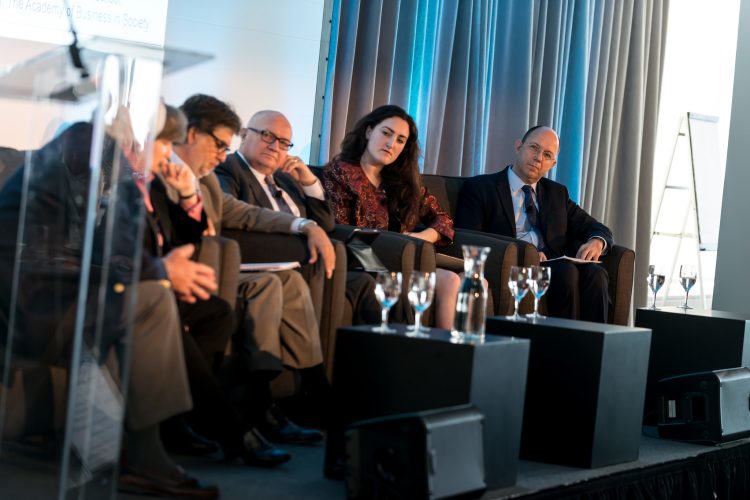In September, world leaders will come together in New York City to adopt the United Nations Sustainable Development Goals (SDGs). All individuals, in particular youth, have a huge stake in...
What drives an energy transition? Which obstacles need to be overcome? How can we academics contribute to that massive sociotechnical revolution? Young energy scholars from all over Europe and...
On the 3rd and 4th of July 2015, oikos was invited to attend the international conference “Sustainable Environmental Politics and Economy” (translated) in Berlin organized by the Environmental Policy...
Thomas Edison said our greatest weakness lies in giving up. The most certain way to succeed is always to try just one more time. Had he given up the first...
Onajomo Akemu is the winner of the first prize in the social entrepreneurship track of the 12th annual oikos Case Writing Competition, he is also a PhD Candidate at the Rotterdam...
On June 21st, 2015, three oikos members traveled to New York City with a bag full of aspirations and enthousiasm. Anita Negri, Julia Weber (oikos Vienna, COMMIT Manager) and...
The oikos PRI Young Scholars Finance Academy in Reading, UK, May 31 to June 4, 2015 In the past decade, corporate fraud, bank scandals and financial crises have...
We just published the finalist cases of this year’s oikos Case Writing Competition! Whether you are a lecturer teaching courses in management, entrepreneurship or finance, or a student wanting...


